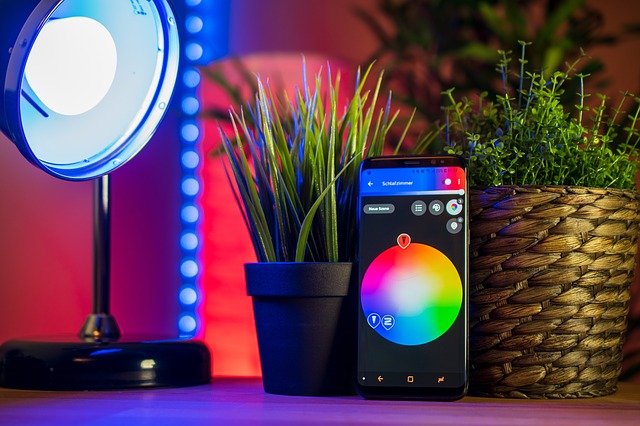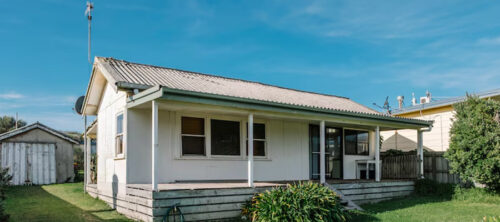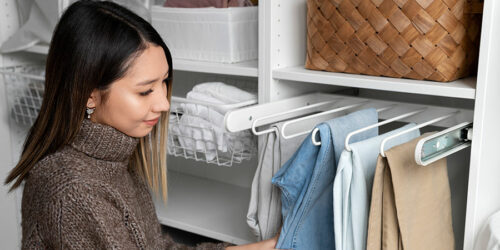Smart home technology is on the rise, all over the world, with recent reports showing that 69% of American homes contain at least one of the smart devices and the industry is expected to grow in value and significance as the years go by.
From smart locks to smart speakers, there are a lot of different smart home products. It can feel quite challenging when you’re just starting out. Here are some useful tips to follow to integrate smart devices into your home correctly.

SOURCE: PIXABAY
Don’t skip the research
Take your time and do the necessary research. This technology is evolving at a rapid rate, but it’s still quite new, and even though 64% of Americans plan to invest in smart home devices, many aren’t sure which ones to get.
Fortunately, there are plenty of online resources that can help you learn more about smart home devices and integration.
Consider your needs
There’s no need to invest in smart home devices just for the sake of it. You have to think about your own personal needs, preferences, and lifestyle. By identifying your own needs, you can find smart products that will actually improve your life.
Are you someone who worries about home security, for example? If so, a smart lock could be the answer.
Start off slow
It’s generally recommended for those who are just starting out in the smart home world to begin gradually. Perhaps just invest in one or two smart products to start off, like a smart security camera and smart speaker, to see how they can influence your life.
From there, you can gradually build up your collection of smart technology over time, discovering the brands you like the best and the products that give you the most benefits.
Compatibility is key
There are quite a few different smart home manufacturers, and while some of them aim to make their technologies work together, others are more exclusive with their patents and designs. This is something you need to watch out for.
If you buy products from different brands, you might find that they don’t all work together, and it can become quite confusing to operate them all individually. Fortunately, statistics show that more and more products are compatible with popular assistants like Alexa, so try to find tech that all works together and can be controlled from one central hub or app.

SOURCE: PIXABAY
Hubs can help
Speaking of hubs, they’re some of the most useful smart home products. And if you want to go have a complete smart home, you’ll need a hub to give you direct control over all of those different locks, light bulbs, cameras, and more.
A hub is like a central command center for all of your different smart home devices, allowing you to operate them all with nothing but your voice.
Conclusion
Smart homes offer a lot of advantages. They can be safer, more comfortable, and far more convenient to live in than the homes of the past, and it’s no surprise that experts predict more and more homes to become smart in the future. If you want to take your own home to the next level, be sure to keep these tips in mind.









